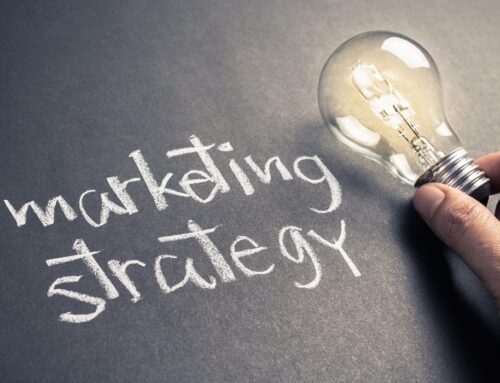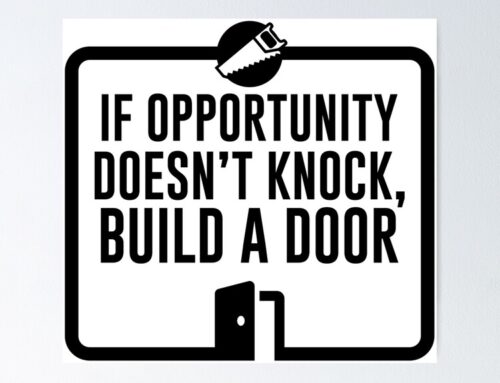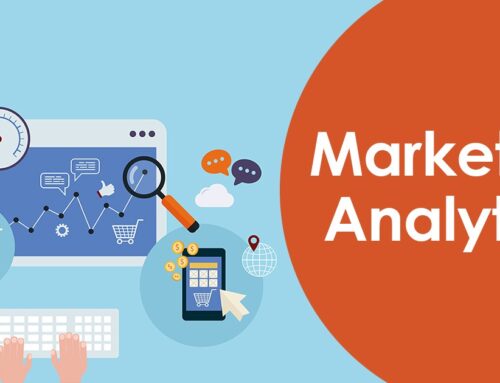Email Tips for Marketing and Sales Teams During Crisis
It would seem that all of us have learned a thing or two during the ongoing COVID-19 pandemic. Brands are discovering new potentials, and so are the customers and clients.
For one thing, online sales are skyrocketing, which is significant in two ways. First off, many people who normally don’t shop online regularly are only now discovering the benefits of getting the goods delivered to their door. It is likely that they will continue buying online after the crisis has passed, which represents a huge possibility to boost sales. Secondly, online shops are considerably less expensive than physical ones, which some brands are now discovering.
Another important insight is that there is a rather huge demand for subscription boxes. So huge, in fact, that waitlists are getting more voluminous by the minute.
According to Klaviyo, 39% of people are planning to continue shopping online, either exclusively or mostly. Only 25% of people are planning to stick to in-store shopping.
With panic shopping steadily decreasing in most countries at this point, though, it is crucial to determine future trends. According to the abovementioned poll, people made more purchases than planned, which is indicative because we’re not talking only about the essentials.
Obviously, now is the time to grab the chance to boost future sales by keeping up with the momentum. Many old habits are due to take a sharp turn because people are realizing that there are more efficient ways to shop.
Work on Subscriptions
The first thing to work on would be subscriptions. As mentioned above, subscription boxes are in high demand. Since numerous brands are having difficulties coping with the sharp rise in demand, it’s time to step in.
Brands that haven’t offered subscriptions so far stand to benefit in the long run simply because they can make better plans in regards to subscription limits. However, it is important to mind the delivery. Presently, delivery services are also overwhelmed, so plan carefully.
It is also a good idea to promote your offer, stating clearly what there is for the customer. In regular times, email campaigns serve the purpose, so there’s even more reason to send emails to your customers since everyone is staying at home.
Keep the Sales Up for Booming Industries
As is only to be expected, some industries are having a field day, while others are in trouble. In times of crisis, people tend to buy only the essentials. This crisis is different from non-medical ones in that the sale of chemicals has gone up.
Now many sellers of food and other in-demand products (did anyone say “toilet paper?”) expect they will witness a long-term increase in sales. One reason is that people have come to trust them and the other – they are satisfied with the price-product ratio.
Let’s take a moment to see how to maximize the opportunity. Brands need to remain top-of-mind, which, again, translates into growing and managing an email list. Some brands are also investing more heavily in other forms of advertising, notably Google and social media ads.
Keep the Sales Up for Troubled Industries
Let’s take a look into brands that have suffered a huge decline in sales due to the ongoing crisis. These are many because no ad will change the mind of a buyer who is uncertain if they will be able to keep their job.
Arts, museums, theaters and similar have taken a hard blow with no solution in sight. What can they do?
For starters, many have given free virtual access to people worldwide, which is a great way to attract new clientele for the future. For example, some local broadcast companies and art theaters put their offer online and allowed free viewing for a limited time. After the crisis has passed, they will have gained many new viewers, so it is reasonable to expect that some will have liked what they saw while quarantined and will be willing to subscribe.
This is a great strategy with nothing to lose. Either way, these businesses cannot help the sales, so why not give this plan a go?
As far as other industries underperforming at the moment are concerned, they depend on the developments. I.e., brands selling specific merchandise (swimwear, for example) may still recover should the crisis end before summer holidays.
Travel agencies are, perhaps, having it the hardest. With current recommendations to keep traveling at the lowest possible level until the unforeseeable future, there is not much they can do. They are already offering cheap deals, but people are reluctant to commit. Still, keeping their customer base informed is an absolute must. Sending them regular newsletters, for example, listing the changes to be expected, is a great way to remind people their trusted business is still out there.
If you own a brand that deals in different types of merchandise, it is a good idea to focus on VIP buyers. Normally, the top percent don’t have to worry about the future like the rest of us mortals have, so there’s no harm in trying. A discount or a special offer is also a good strategy.
Final Thoughts
It is important to keep expectations realistic and to show empathy. The latter seems to be in high demand since many people are having difficulties coping with the circumstances. The key is to stay in touch with the clientele. Put a message from the CEO on your home page. Send emails encouraging people. Step up your customer support efforts.
Email campaigns are now more important than ever, but keep them down-to-earth. Boosting with the quality of your products and services is only likely to annoy the recipients who are already at their wits’ end by the look of things.
Rather, remind them of their favorite products (use the shopping cart abandonment insights, for example) and encourage them to stay strong. Show your friendly persona instead of your business persona.
After all, when all this has passed, people will remember who stood by them when the times were difficult. They always do.
Article by Angela Ash
_________________________________________________________

206-391-5682
i2i@i2idirectmarketing.com
www.i2idirectmarketing.com
“…all deliveries GPS tracked…”





